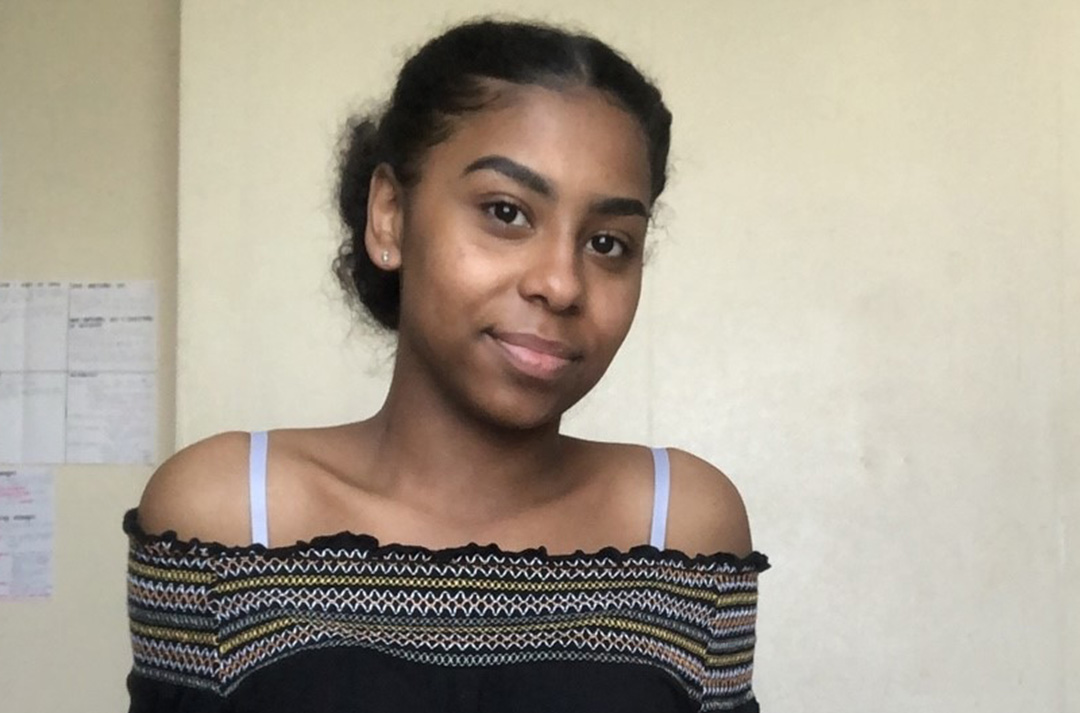A Level Law
Law is everywhere! It influences numerous subconscious decisions that we make every day; from how we treat others, to what speed we drive at. But how are laws made? And do laws always work properly? From business owners to workers, politicians to the public, and millionaires to those supported by the state; regardless of status or background the law is there to protect and enforce justice and fairness for all... but delve further and you might just see a few cracks in the system.
Key information
Business & Law / Full Time / A Levels and Equivalent
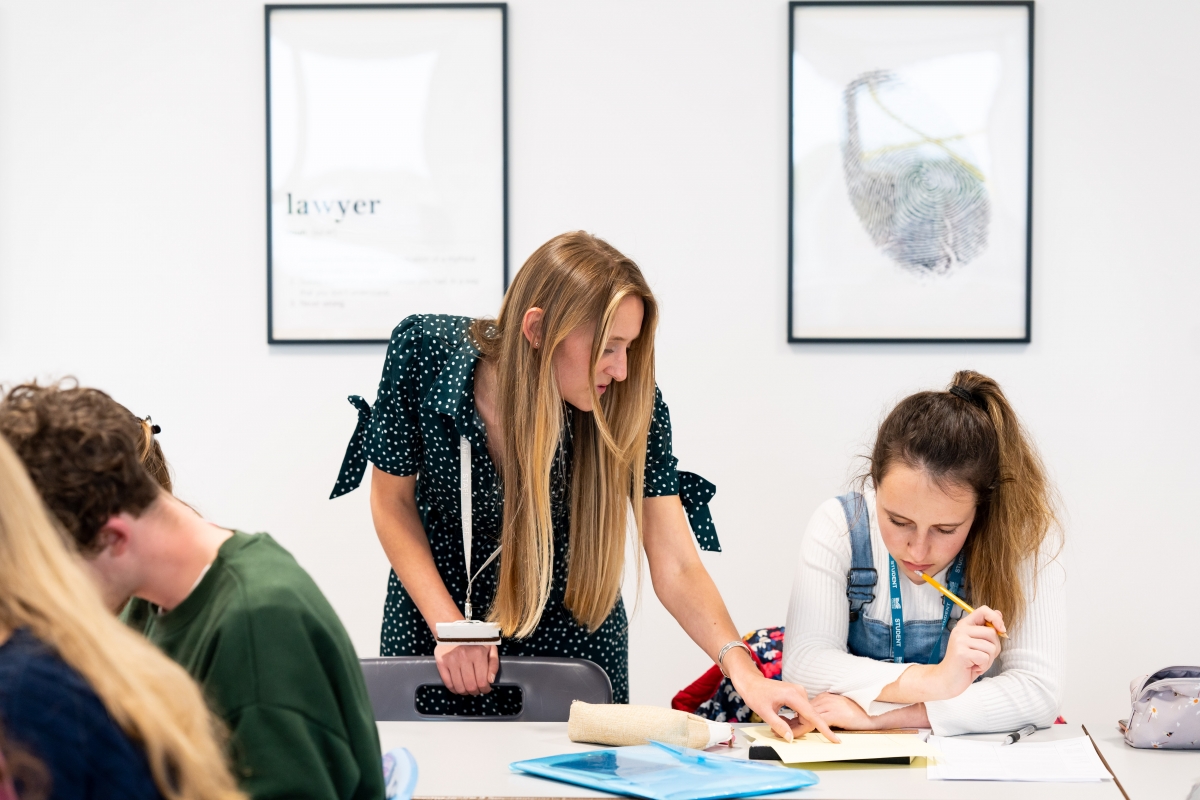
Why choose this course?
You will have the opportunity to examine key aspects of the English Legal System, as well as areas of both Private and Public Law and to develop an understanding of legal method and reasoning as used by lawyers and the judiciary. Studying Law will encourage you to engage more fully and critically with current affairs and to develop high-level skills in research, communication, analysis and ICT to support your learning and well as opportunities to hone your debating skills.
During the course of study, we aim to run a trip to London to experience Parliament and the Supreme Court. All students can benefit from opportunities to attend the local Magistrates Court to witness the criminal process in action.
Law is a natural partner to the study of English Language/Literature and History at A Level, but the syllabus content also connects well with subjects such as Politics, Psychology and Sociology.
What will I learn?
Year 1 Study
You will start off your studies by examining the different Sources of Law in England and Wales. This will provide you with an understanding of the different kinds of Law which we have, how these laws are made, applied and updated. You will also gain an appreciation of how our English legal system functions including exploring the role played by key personnel, both professional and lay members, in promoting justice. We will also delve into Criminal Law: looking at how crimes are constructed and exploring what certain types of crime include with a particular focus on non-fatal offences against the person.
Year 2 Study
In the second year, we will build on the information gained during the first year by analysing in more depth key aspects of Criminal Law before turning our attention to our Tort Law and Human Rights units.
In our study of Criminal Law, we will examine the key elements which can lead to a charge of murder or manslaughter, theft or robbery. We will also consider defences such as self-defence and automatism which may assist an defendant to avoid liability along with special defences such as diminished responsibility and loss of control which can reduce a murder charge to that of voluntary manslaughter.
Your study of the Law of Tort will involve consideration of the torts connected to land, such as trespass and nuisance, as well as the potential for employers to be vicariously liable for the wrongdoing of their workforce. Time will also be spent on looking at defences such as contributory negligence which might be available to minimise liability as well the remedies which can be gained from taking a case to court.
Information & Support
Achievement
Your achievement in this subject will be dependent on adopting a positive work ethic based upon excellent attendance, punctuality and effort. This will include taking the time at home to fully consolidate the information discussed in class and to make your own revision notes.
You will learn in a supportive, friendly atmosphere, using a variety of assessment methods:
You will be assessed regularly at the end of a topic. The work will either be completed at home or alternatively in class, under timed conditions, to practice examination technique. Detailed feedback will be provided on each piece of work and questions actively encouraged.
You will undertake mock examinations in each paper in advance of your final examinations.
It is very important for students to take a wider interest in current affairs as it helps to make their course of study relevant. Therefore it is crucial to read widely and to follow the new on a regular basis. Any work experience within a legal context, e.g. law firm, courts, CPS, CAB etc. will be immensely valuable, both to aid understanding and as a pooint of reference in university applications. A wide variety of electronic source material is available in addition to a well-stocked Learning Centre.
What will I need?
Five GCSEs at grade 4 or above. A high standard of literacy and good communication skills are key tools in the study of Law and therefore we require a B grade (6) in English Language in order to be accepted on the course.
Where will it take me?
A qualification in Law is highly valued by many employers, in particular because of the critical thinking and analytical skills which studying the subject promotes. As well as the obvious career choice of joining the legal profession as a barrister, solicitor, legal executive or paralegal, Law graduates frequently find themselves working in the commercial sector, business and finance, social welfare, human resources management and with charities. A check of the CV of many eminent politicians also highlights the reality that lawyers frequently carve out a career in politics for themselves.
Additional Information
Awarding Body:
Eduqas (part of WJEC)
To obtain more information about this course, please call: 01208 224000 or email enquiry@callywith.ac.uk
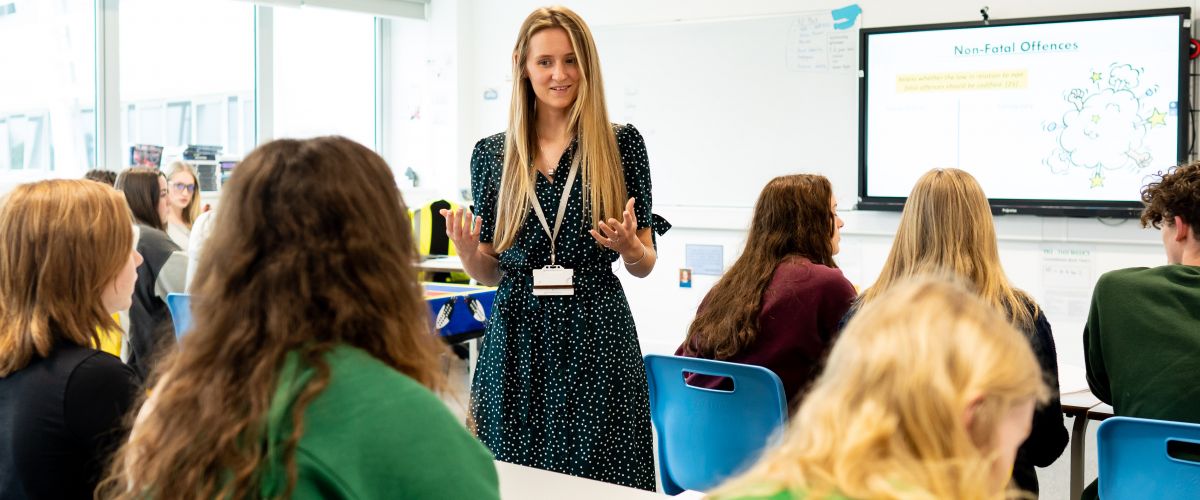
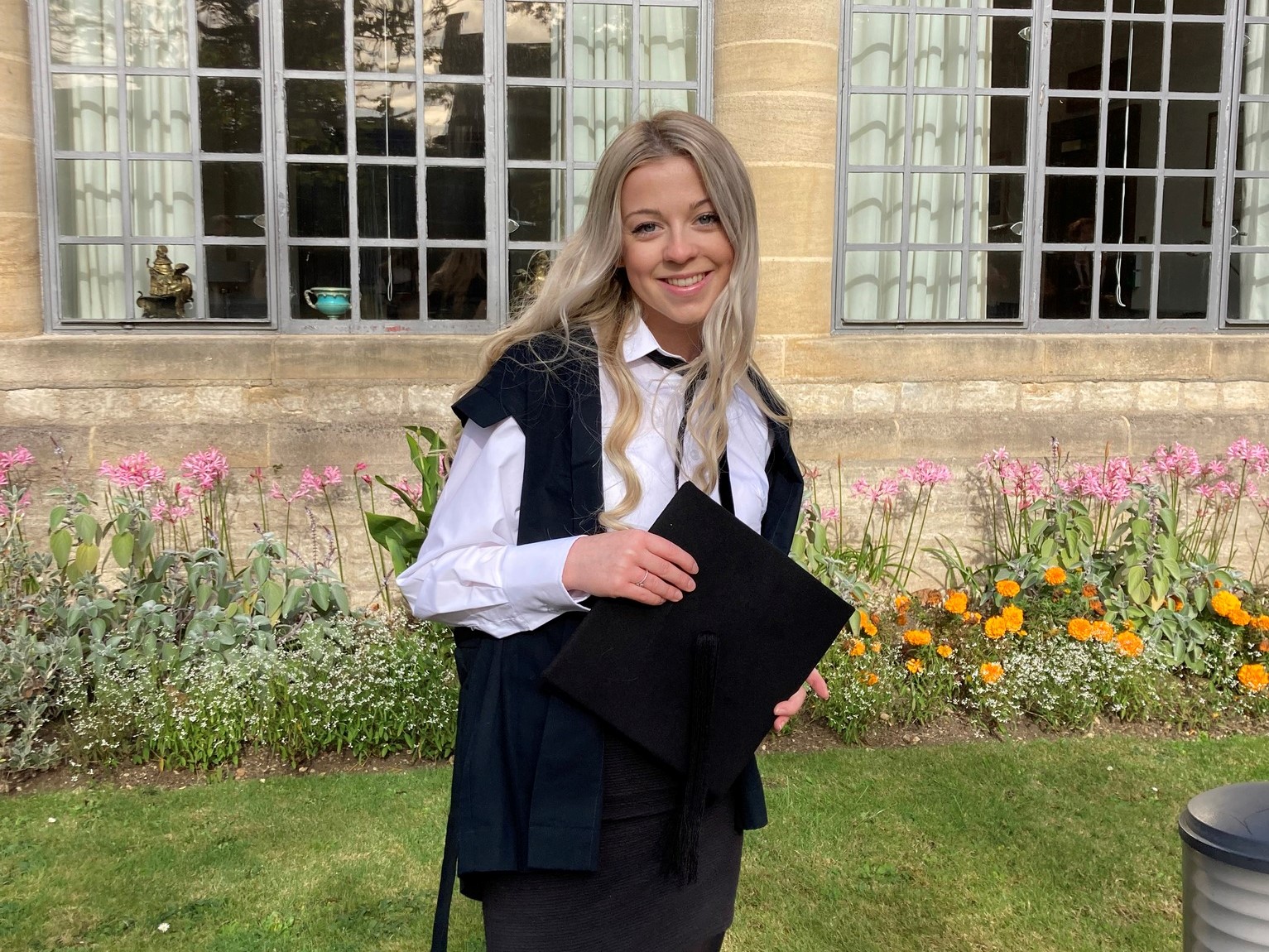
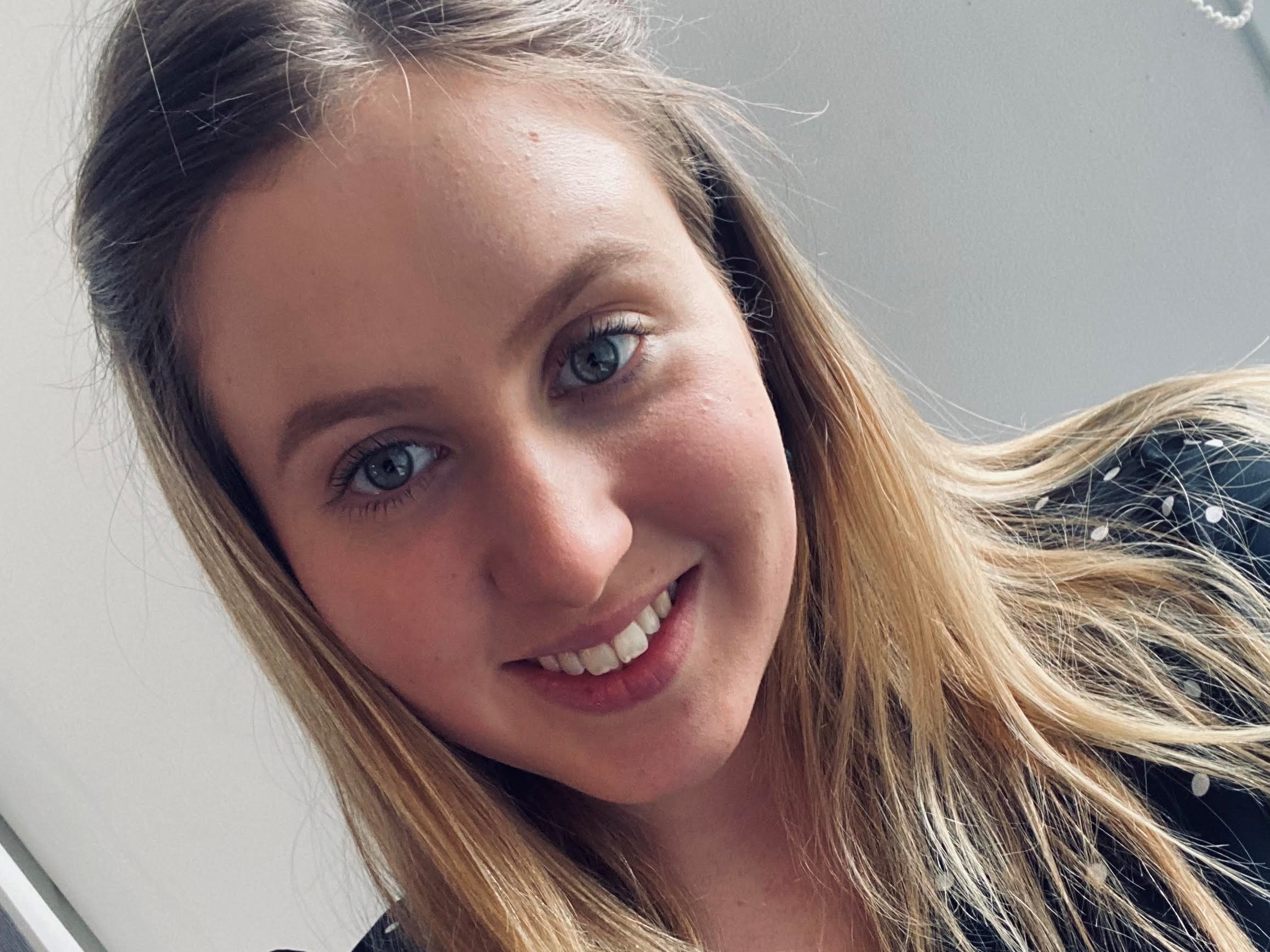
.jpg)
